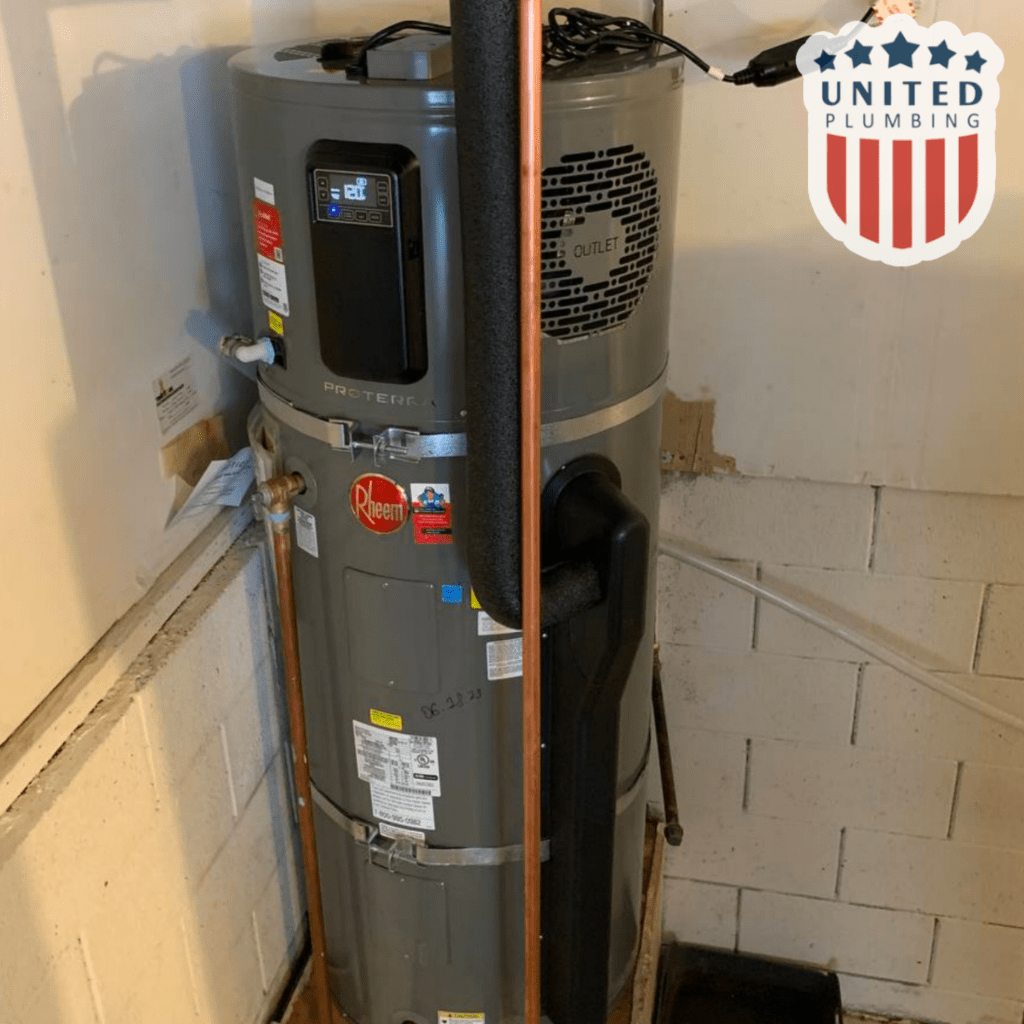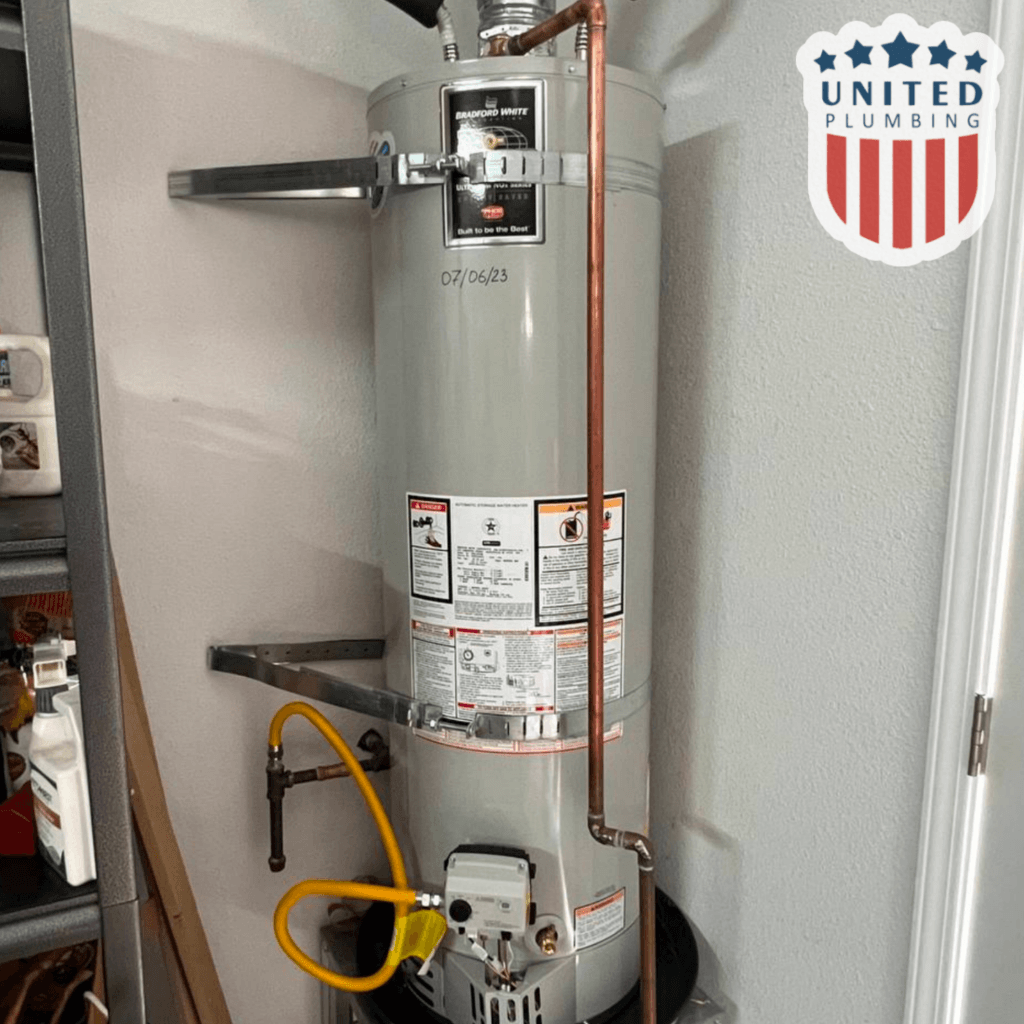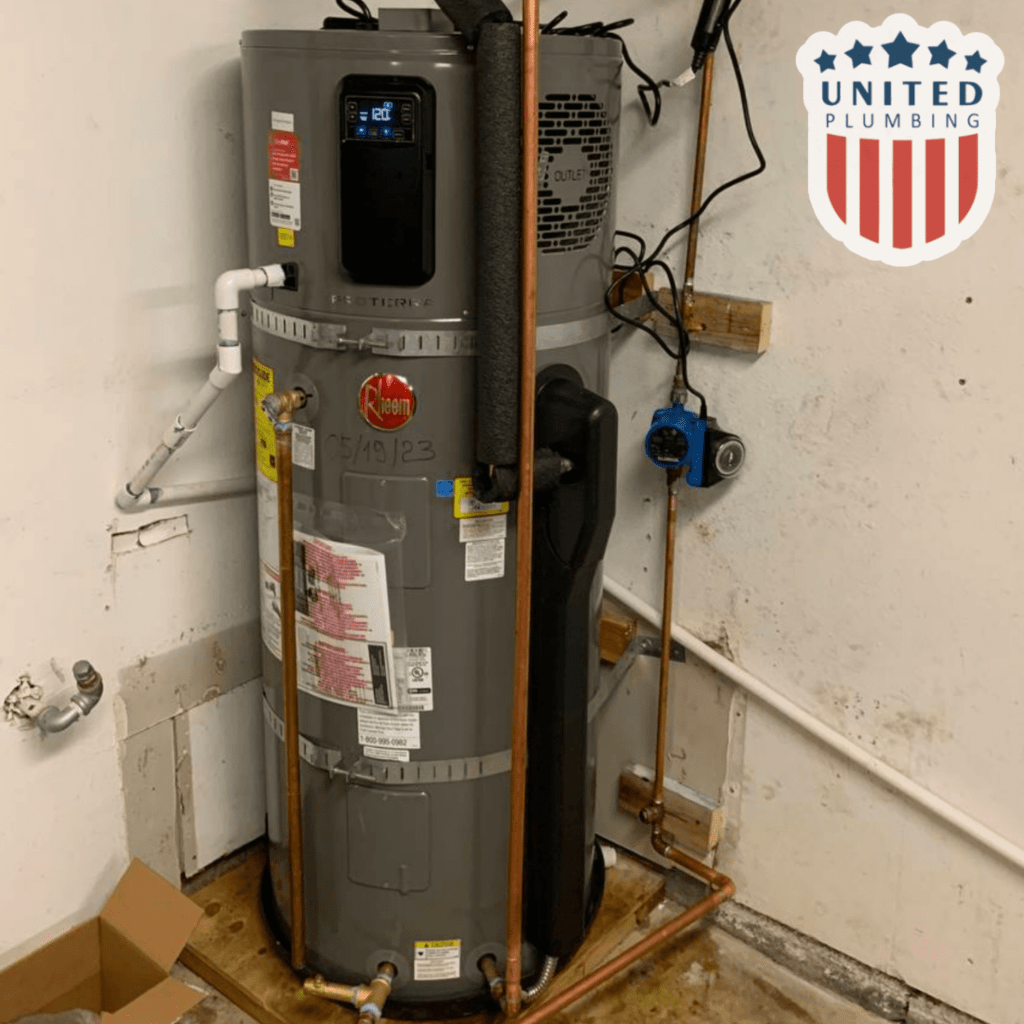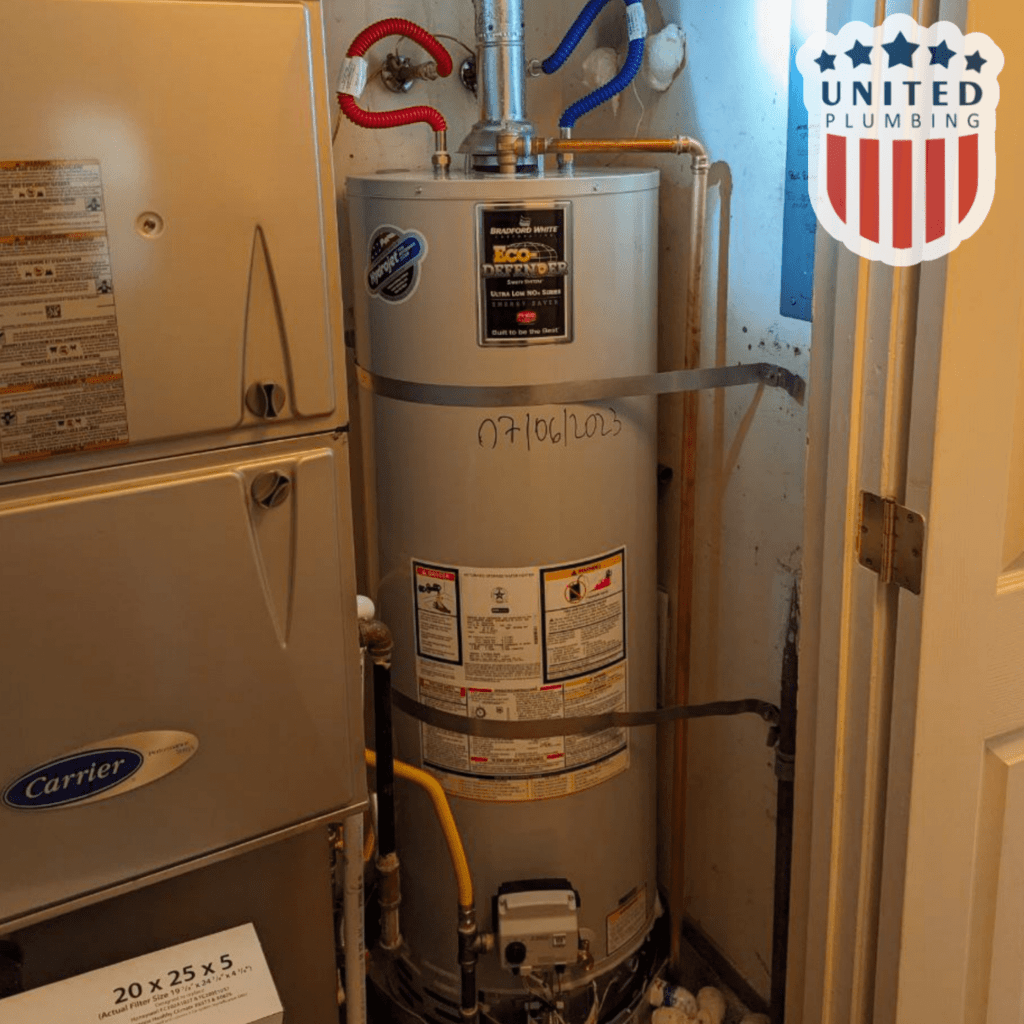Gas vs Electric Water Heater: Which One Is Better in Milpitas?
Initial Cost Difference
One of the biggest differences between gas and electric water heaters is the initial cost. Electric water heaters are generally less expensive to purchase and install compared to gas models. This is because they do not require venting or a gas line, which can add significant costs to the installation process. However, it’s important to note that while electric water heaters in Milpitas may be cheaper upfront, they tend to have higher operating costs in the long run due to their higher energy consumption. On the other hand, while gas water heaters may have a higher initial cost due to installation requirements, they typically have lower operating costs over time. It’s important to consider both the upfront cost and long-term savings when deciding between a gas or electric water heater.
Energy Efficiency
When it comes to energy efficiency, gas water heaters have a clear advantage over electric models. Gas water heaters heat up water faster and more efficiently than electric ones, which means they use less energy overall. Additionally, gas water heaters in Milpitas typically have a higher Energy Factor (EF) rating than electric models. The EF rating measures how efficiently the water heater uses its energy source, with higher ratings indicating greater efficiency. Gas models usually have an EF rating between 0.5 and 0.7, while electric models are typically around 0.9 or above.


Another factor to consider is standby heat loss, which is the amount of heat lost from the water heater’s tank to its surroundings when it’s not in use. Gas water heaters have a lower standby heat loss compared to electric models because their tanks are better insulated. This means that less heat escapes from the tank, resulting in less energy wasted.
Overall, gas water heaters are more energy-efficient than electric ones and can help you save money on your utility bills in the long run. However, it’s important to keep in mind that gas models may have higher upfront costs due to installation requirements such as venting and a gas line.
Lifespan of Gas vs Electric Water Heater
Another important factor to consider when choosing between a gas and electric water heater is the lifespan of each type. Generally, gas water heaters tend to have longer lifespans than electric models. The average lifespan of a gas water heater is around 10-15 years, while electric models typically last 8-12 years.
This difference in lifespan can be attributed to several factors. One is that gas water heaters have fewer components that are susceptible to wear and tear compared to electric models. Electric water heaters in Milpitas have heating elements, thermostats, and other electrical components that may need replacing over time.
Another reason for the longer lifespan of gas water heaters is that they operate at a higher temperature than electric models. This high temperature helps prevent the growth of bacteria and other microorganisms inside the tank, which can cause corrosion and shorten the lifespan of the unit.
It’s important to note that regular maintenance and proper installation can also affect the lifespan of both types of water heaters. Keeping up with routine maintenance tasks such as flushing the tank and checking for leaks can help extend the life of your unit.
When deciding between a gas or electric water heater, it’s important to consider not only the initial cost and energy efficiency but also the expected lifespan of each type. A longer-lasting unit may ultimately save you money in replacement costs over time.
Maintenance for Gas vs Electric Water Heater
Proper maintenance is important for ensuring the longevity and efficiency of both gas and electric water heaters. However, there are some differences in the types of maintenance required for each type.


For gas water heaters, regular inspections of the burner and pilot assembly are necessary to ensure they are functioning properly. The burner should be cleaned annually to remove any debris or buildup that could affect its performance. Additionally, the flue should be inspected to ensure it’s clear of obstructions and venting properly.
Electric water heaters require less maintenance than gas models since they don’t have a burner or pilot light assembly. However, it’s still important to flush the tank regularly to remove any sediment buildup that can affect its performance. Checking the heating elements and thermostats periodically is also recommended to ensure they’re functioning properly.
Regardless of which type of water heater in Milpitas you have, it’s important to keep an eye out for leaks or signs of corrosion on the tank or connections. Any issues should be addressed promptly by a professional plumber.
Overall, while gas water heaters may require slightly more maintenance than electric ones due to their more complex components, both types require regular upkeep to ensure optimal performance and longevity.
Post views: 807

